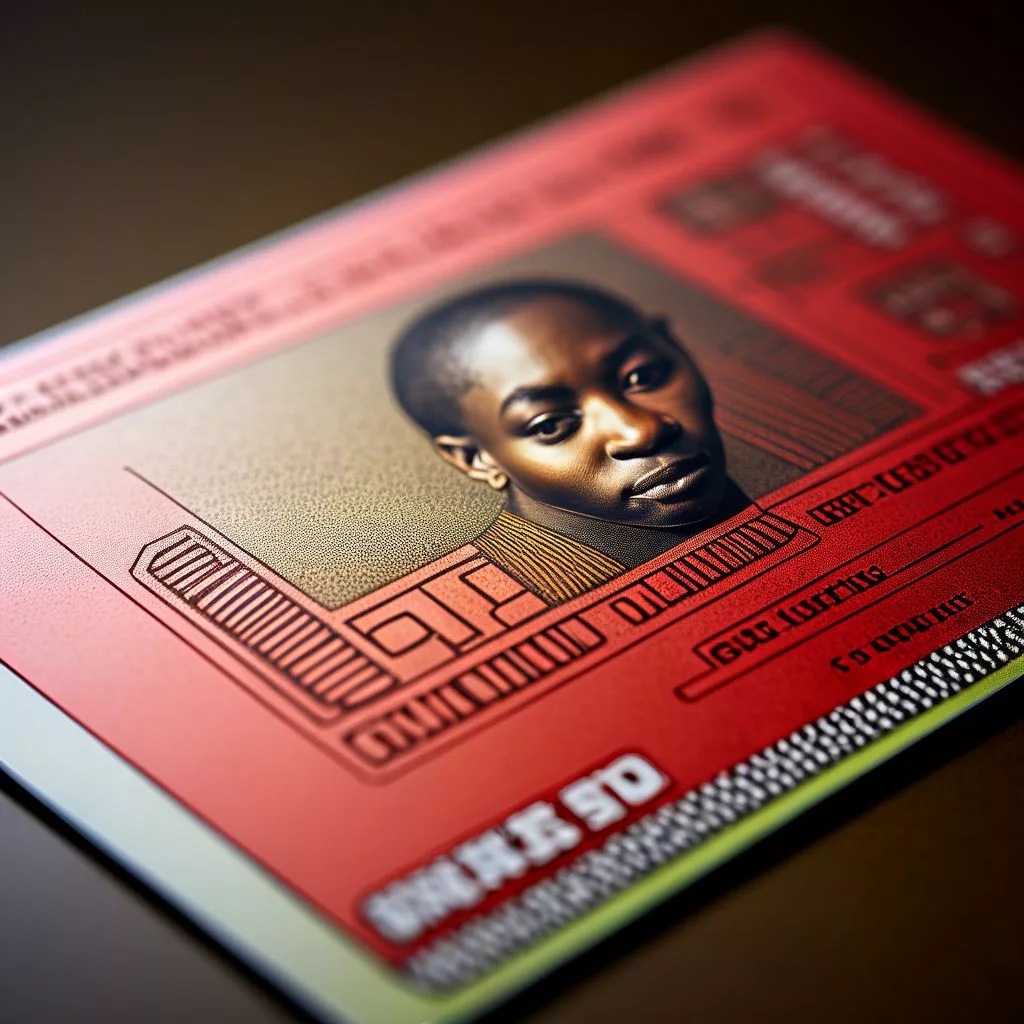The South African Department of Home Affairs has launched a helpful program to fix mistakes in citizens’ ID documents for free. If you find an error, like a wrong name or birthdate, you can fill out special forms and provide your birth certificate to get it corrected. This friendly approach makes it easier for people to live their lives without unnecessary problems caused by clerical mistakes. By removing costs and simplifying the process, the department shows it cares about the rights and identities of all South Africans, helping everyone feel recognized and valued.
How can South African citizens correct errors in their ID documents?
South African citizens can correct errors in their ID documents by completing Forms BI-9 and BI-309, providing a valid birth certificate, and submitting the forms to the Department of Home Affairs. This process is free and aims to ensure accurate identity representation for all citizens.
Addressing Identity Challenges
The South African Department of Home Affairs has introduced a significant initiative aimed at addressing identity discrepancies in a proactive and citizen-friendly manner. By offering free corrections for erroneous ID documents, the department is not only simplifying bureaucratic processes but also emphasizing its commitment to maintaining accurate records for all citizens. This initiative goes beyond merely correcting typographical errors; it symbolizes an effort to empower citizens and uphold civil rights within the modern landscape of identity management.
Consider the frustration of an individual who faces challenges due to a clerical mistake in their ID document. Even minor errors, such as a misplaced letter or incorrect birthdate, can have substantial repercussions on both personal and professional fronts. These seemingly insignificant mistakes can lead to barriers when accessing essential services and opportunities. Recognizing this, the Department of Home Affairs has implemented measures to alleviate such burdens, providing an accessible pathway for corrections without imposing financial strain.
The strategic decision to offer free ID corrections underscores the department’s dedication to accuracy and accountability. By removing the financial barriers typically associated with document corrections, the department affirms its role in safeguarding the dignity of its citizens. This policy ensures that official records truly reflect the identities of the individuals they represent, highlighting a commitment to fostering an environment where every citizen’s identity is accurately acknowledged.
Navigating the Process of Correction
To benefit from this corrective measure, applicants are required to follow a specific procedure. This involves completing Forms BI-9 and BI-309, which serve as the administrative foundation for the correction process. Form BI-9 is used for the standard ID application, while Form BI-309 is tailored to address correction needs. These forms play a crucial role in ensuring that all changes are thoroughly documented and verified, maintaining the integrity of the information.
An essential aspect of this process is the requirement for applicants to present a valid birth certificate. This requirement underscores the importance of verifiable evidence in a world where identity theft and fraud are prevalent concerns. By insisting on a birth certificate, the department ensures that corrections are not only legitimate but also necessary. This balance between accessibility and security is vital to maintaining the trust and reliability of the system.
Moreover, the adoption of digital capture technology for ID images at smartcard offices marks a significant advancement in the process. This modern approach eliminates the need for physical photographs, enhancing efficiency and aligning with the broader trend of digitalization in public services. This shift mirrors historical transformations, such as those seen during the Industrial Revolution, where technological innovations fundamentally redefined societal operations. Today, digital tools are reshaping government interactions, making them faster and more reliable.
The Broader Impact of Identity Corrections
The implications of this initiative extend far beyond the immediate practicalities of correcting an identity document. They resonate within a broader philosophical and historical context where the concept of identity is deeply intertwined with cultural and personal significance. Throughout history, from the Renaissance’s emphasis on individualism to the civil rights movements of the 20th century, identity has played a pivotal role in the human narrative. It forms a crucial link connecting individuals to their communities, histories, and futures.
This policy is part of a larger governmental effort to enhance citizen engagement and trust. By providing a straightforward and cost-free solution to rectify official mistakes, the Department of Home Affairs not only strengthens its relationship with the public but also fortifies the social contract between the state and its citizens. This initiative recognizes the dual role of government as both a regulator and service provider, tasked with safeguarding the rights and identities of its populace.
In many ways, this narrative echoes the artistic movements of Romanticism, which celebrated the uniqueness and inherent worth of the individual. Just as Romantic artists sought to capture the essence of the human spirit, this policy aims to ensure that each individual’s official identity genuinely reflects their true self. It serves as a reminder that behind every administrative procedure lies a fundamental respect for the person it serves, reaffirming the importance of accurate identity representation.
The policy introduced by the South African Department of Home Affairs regarding ID corrections is more than a bureaucratic procedure; it is a testament to a society’s commitment to its citizens’ rights and identities. This initiative acknowledges the complexities of modern life while paving the way for a more inclusive and efficient future. Through this endeavor, the department demonstrates its dedication to supporting individuals in their journey of self-definition, offering not just a service but a reaffirmation of personal identity.
In conclusion, by facilitating a process that corrects identity discrepancies without financial burden, the Department of Home Affairs plays a crucial role in the lives of its citizens. This initiative reflects a progressive, citizen-centric approach to governance, one that prioritizes the dignity and rights of individuals while embracing the technological advancements of the modern era. As such, it stands as a beacon of hope and empowerment in the ongoing journey toward a more equitable and just society.
Frequently Asked Questions (FAQ)
What is the purpose of the South African Department of Home Affairs’ new initiative regarding ID corrections?
The purpose of this initiative is to provide South African citizens with a free and accessible way to correct mistakes in their ID documents. By addressing clerical errors such as incorrect names or birthdates, the Department aims to ensure that official records accurately reflect individuals’ identities, thereby enhancing their ability to access essential services without barriers.
How can South African citizens correct errors in their ID documents?
Citizens can correct errors by completing Forms BI-9 and BI-309, submitting these forms along with a valid birth certificate to the Department of Home Affairs. This correction process is entirely free of charge, making it easier for individuals to maintain accurate identity representation.
What forms are required for the ID correction process?
Applicants need to complete two specific forms: Form BI-9, which is used for the standard ID application, and Form BI-309, which is specifically designed for addressing corrections. These forms help to document and verify the changes requested.
Why is a birth certificate required for ID corrections?
A valid birth certificate is required to provide verifiable evidence of identity, ensuring that corrections made are legitimate and necessary. This requirement helps protect against identity theft and fraud, reinforcing the integrity of the correction process.
How has the process been modernized to improve efficiency?
The Department of Home Affairs has adopted digital capture technology for ID images at smartcard offices. This modern approach eliminates the need for physical photographs, streamlining the process and aligning with broader trends of digitalization in public services, ultimately making the experience faster and more reliable.
What broader impacts does the ID correction initiative have on society?
This initiative does more than just correct ID documents; it strengthens the relationship between the government and citizens, enhancing trust and engagement. By facilitating a straightforward, cost-free solution for correcting identity discrepancies, it supports individual rights and acknowledges the cultural and personal significance of identity, contributing to a more equitable and just society.












